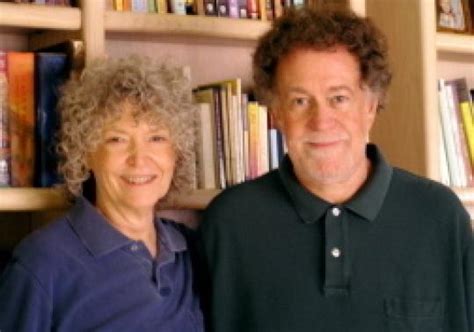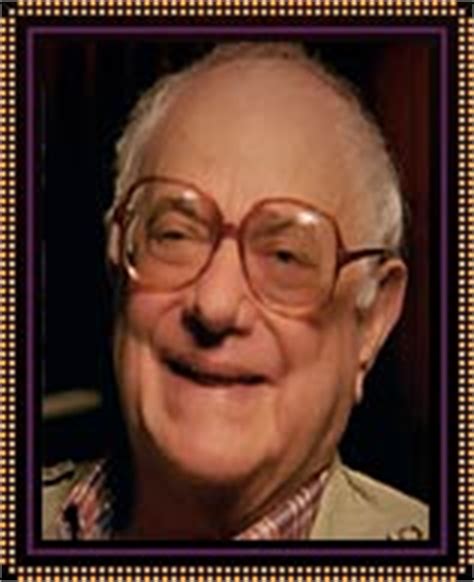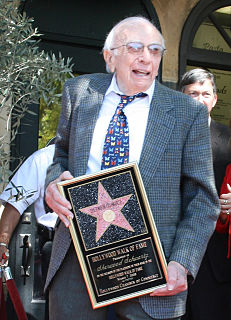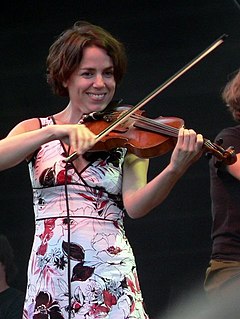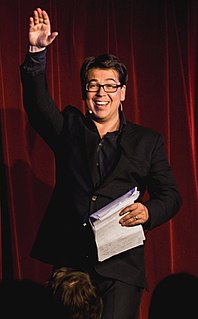A Quote by Dana Rosemary Scallon
I, too, am deeply concerned with an overarching idea that dramaturgs are now authors . . .. I am not taking the position that all dramaturgs own copyright, deserve special billing credit, or should receive remuneration akin to that of the playwright. I know from my ears at the Dramatists Guild that almost everyone a writer encounters has suggestions of how to write and rewrite the play or musical to make it work.
Related Quotes
Today I acknowledge that I am not in position to judge what mistakes anyone is making or what lessons anyone needs to learn. I don’t know how far someone has come or when that person will have a breakthrough, I simply don’t know what other people should be doing. But when I think I do know, I clearly am not doing what I should be doing, which is taking responsibility for my own life.
Everything I have written up to now is trifling compared to that which I would like to write and would write with great pleasureEither I am a fool and a self-conceited person, or I am a being capable of becoming a good writer; I am displeased and bored with everything now being written, while everything in my head interests, moves, and excites me-whence I draw the conclusion that no one is doing what is needed, and I alone know the secret of how it should be done. In all likelihood everyone who writes thinks that. In fact, the devil himself will be brought to his knees by these questions.
Belonging to the Dramatists Guild Council where, with my fellow dramatists, I can directly affect (and protect) the professional lives of all American Playwrights has always made me feel that I am returning as much to the theatre as I withdraw. Because only playwrights can ensure the well-being of playwrights. No one else will do it for us.
The fiction I've written and published is certainly inflected by the work of authors I was reading or translating at the time. One of my methods for developing my own voice in fiction, a process I am taking very slowly and deliberately, is through these very intense encounters with certain writers. Strength and power in fiction is being able to resist these intoxicating voices, recognizing that they are the signatures of other writers and not one's own.
I own all the characters I created, thanks to the Writers Guild, so nobody can do anything without me. The way it works is: If the copyright owners instigate a project, like the movie, then I get a fee as creator. If I instigate a project, like the musical, I pay a percentage to the copyright owners.
I got a new 4-track cassette recorder a year or so after high school. For a while I would just stare at it thinking, how am I going to do this if I don't play guitar or keyboards? How am I going to write and record a song if I don't know how to play any instruments? I mean, I played the violin, but I didn't know anything about how to work a 4-track.
It really does no good to ask questions that reflect opposition to the will of God. Rather ask, What am I to do? What am I to learn from this experience? What am I to change? Whom am I to help? How can I remember my many blessings in times of trial? Wiling sacrifice of deeply held personal desires in favor of the will of God is very hard to do. Yet, when you pray with real conviction, "Please let me know Thy will" and "May Thy will be done," you are in the strongest position to receive the maximum help from your loving Father.
The primary objective of copyright is not to reward the labor of authors, but ‘[t]o promote the Progress of Science and useful Arts.' To this end, copyright assures authors the right to their original expression, but encourages others to build freely upon the ideas and information conveyed by a work. This result is neither unfair nor unfortunate. It is the means by which copyright advances the progress of science and art.

